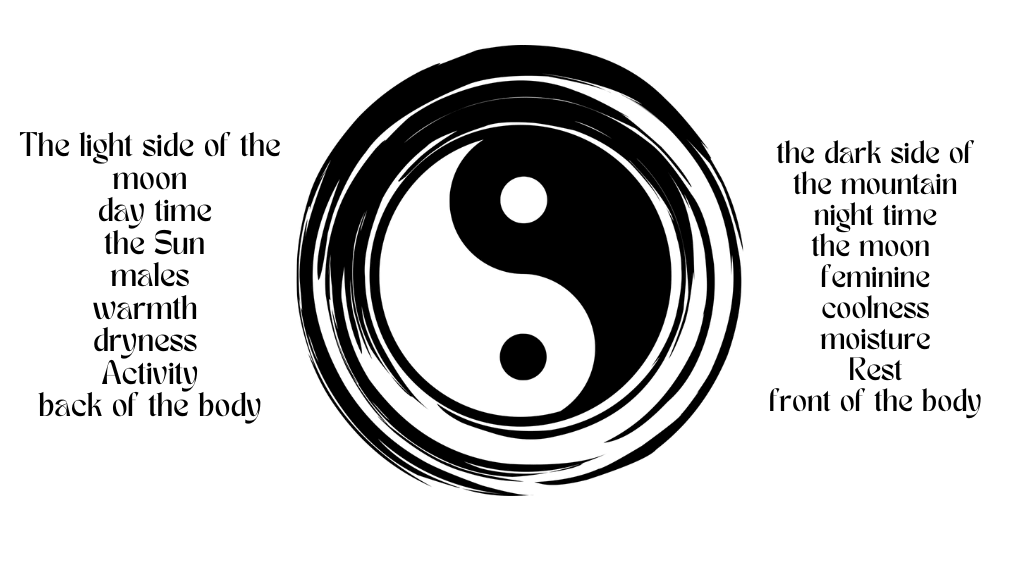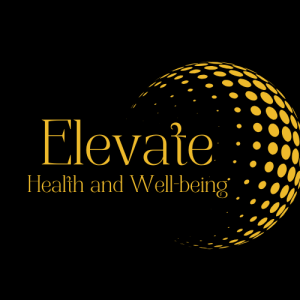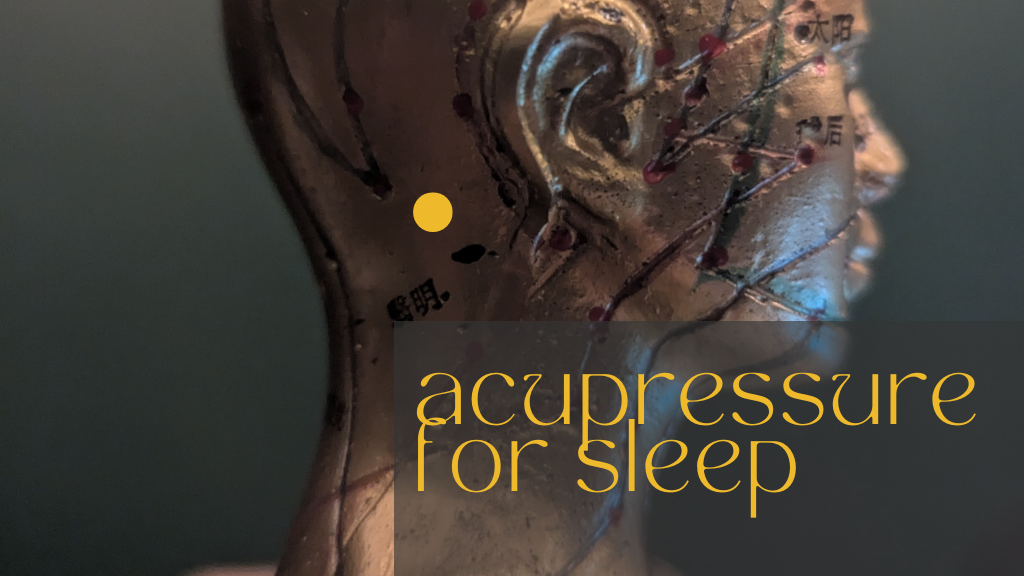Tossing and Turning? Unlocking Sleep Secrets with Traditional East Asian and Chinese Medicine (TEACM)
Are you one of the millions who find themselves staring at the ceiling, counting sheep until dawn? Insomnia can be a relentless foe, leaving you drained and desperate for a good night's rest. While many turn to conventional solutions, Traditional East Asian and Chinese Medicine (TEACM) offers a unique and holistic perspective on sleep disturbances. Let's delve into how TEACM views insomnia and explore its natural approaches to restoring your slumber. Sleep is considered one of the fundamental pillars of health – the better the quality of sleep the better able we are to handle life.
Insomnia and sleep problems are something I have supported people with for many years, either being a principle reason someone is with me, (one if whom is the inspiration for this blog), but often it is a secondary complaint to their pain, anxiety, digestive or menopausal symptoms. It quickly becomes a vicious cycle, poor sleep leads to exhaustion and an inability to tolerate pain, to have patience, to generally feel good, which makes the primary symptoms worse, which then affects sleep and so the cycle goes, thus improving the quality of sleep is a very important part of your treatment outcomes with me.
The good news, anecdotally is that approximately 90% of my patients report sleeping better after even just their 1st session (this has been supported by a wealth of research including this systematic review for those research inclined https://www.sciencedirect.com/science/article/abs/pii/S0965229916300164)
Types of Insomnia, from an Acupuncturist's perspective.

The most common types of insomnia I see in the clinic include:
- Difficulty falling asleep (the getting to bed, feeling tired, but then somehow cant shut off)
- Waking up around 2:00-3:00 and brain chatting at you at a million miles an hour.
- Difficulty falling back to sleep once awakened for a reason like having to pee, or because of your discomfort, or snoring partner/child waking you
- Waking up too early like 5:00 and can't fall back to sleep, or do drift off but then it feels restless/have weird/disturbing dreams
These patterns are all too common in my practice. Ideally we want to get anywhere from 7-9 hours of quality sleep per night. This is when our body is healing, undergoing cellular repair, and rejuvenation. So it is vital to have good sleep to maintain optimal health.
The Yin and Yang of Sleep:
In TCM, sleep isn't just about closing your eyes; it's about the delicate balance of Yin and Yang. Think of Yin as the cool, calming energy of night, and Yang as the vibrant, active energy of day. When these forces are in harmony, sleep comes naturally. But when they're out of sync—perhaps with too much Yang energy keeping your mind buzzing—insomnia creeps in.

As adults we tend to expect our bodies and minds to simply switch off when we decide it's time, while for children we will help them transition from awake (Yang) to a more calm state (Yin). So often I see the pattern of work, then gym, then dinner, then socialising, getting home by 10/11 pm and that person expecting themselves to fall asleep instantly, or even simply watching the news some drama on the TV which keeps us thinking, and depending on how good the TV is in a state of heightened emotions – and again, expect our brains and bodies to simply switch off – we need to learn to treat ourselves as we do small infants and create wee night time routines to help us unwind, start with a nice calming (non-caffeine tea) – I have a Spacegoods night time around 9pm most evenings, then a wee while later get ready for bed, (when I’m being kind to myself), put down the phone, pick up a novel and read for a while once in bed, and then either do a wee short meditation or listen to a sleep story depending on my mood, and allow myself to gently drift off.
The Role of Qi and Blood:
(please note the references to Qi, Blood and Organs are all based on the TEACM theory and NOT the current biomedical model – it doesn’t mean you have ‘liver disease – TEACM words are capitalised to help distinguish)
TEACM also emphasizes the vital flow of Qi (vital energy) and Blood. The Heart, considered the "emperor" of the organs, houses the Shen (spirit/mind). If the Heart is not nourished by sufficient Blood, the Shen becomes restless, leading to sleepless nights.
The Hun, which is considered one of our ‘spirits’ is said to leave our body, tethered by a slim metal chain, and go to another realm, i.e. dreaming. If the Hun gets a fright it will jump back into our body, which is when we get that sense of falling, causing us to jolt awake. This happened a lot to a patient when I was at my student clinic back 2005/6, and my then supervisor asked if they had any mirrors in their bedroom, she suggested they cover/remove all reflective surfaces and see if it made a difference – I was stunned to find out it did – no harm in trying it out if it’s affecting you 😊.
Unraveling the Patterns: Common TCM Insomnia Types:
TCM doesn't treat insomnia as a one-size-fits-all condition. Instead, it identifies specific patterns of disharmony:
- Heart and Spleen Deficiency:
- Picture this: you're constantly overthinking, worrying, and feeling fatigued and weak. This can weaken your Spleen, hindering its ability to produce Blood and nourish your Heart. Result? Difficulty falling asleep, light sleep, and palpitations.
- Liver Qi Stagnation:
- Stress and frustration got you tied in knots? That's your Liver Qi stagnating. This can generate heat, disturbing your Shen and causing irritability and frequent waking – being woken often by your dreams.
- Heart and Kidney Yin Deficiency:
- Feeling restless, experiencing night sweats, or hot flashes? This could be a sign of depleted Yin fluids, often due to overwork or aging. This "empty heat" disrupts your sleep.
- Stomach Disharmony:
- Late-night snacking or overeating can disrupt your Stomach's function, leading to restless sleep and digestive issues.
TCM's Natural Approach to Restful Nights:
TCM offers a range of therapies to restore balance and promote sleep:
- Acupuncture:
- Tiny needles strategically placed to regulate Qi and Blood flow, calming your Shen and balancing Yin and Yang.
- Treatments are always tailored exactly to you and what your body needs, however, a point I recommend doing some acupressure on is ‘Anmian (M-HN-54), which translates as ‘peaceful sleep’. Personally I do this one when lying in bed, using the weight of my head on my finger to help create the pressure without having to exert too much energy.
- Video link to the point https://youtu.be/LCXAcXvzDcg?si=N7k2K6t4B7F_bmcH

Sweet dreams with acupressure.
- Video link to the point https://youtu.be/LCXAcXvzDcg?si=N7k2K6t4B7F_bmcH
- Herbal Remedies:
- Customised herbal formulas designed to nourish Blood and Yin, clear heat, and harmonize your organs, rarely do fellow humans present to me with a simple problem, which is why you need customised treatment, there is no “one for all” in TEACM.
- Dietary Wisdom:
- Foods that support specific organ systems and promote restful sleep. Think calming teas and nourishing broths.
- Calming drinks at night are wonderful - Im a fan of the Pukka range, and of Space Goods, both their daytime and night time drinks. Tart Cherry Juice is another I’ve read about but yet to try myself https://www.webmd.com/diet/tart-cherry-juice-good-for-you
- Not eating too late at night (think minimum 2/3 hours before bed – as a MINIMUM), also minimise fluids later in the evening, just so your not having to wake to pee!
- Foods that help to settle and ground the ‘Shen’ include
- Whole wheat, brown rice and oats, all mushrooms, cucumber, celery, lettuce, mulberries and lemons, cow and goat milk (warm before bed), ghee, oyster shell, jujube seeds, dill, basil, herbs that can be brewed as tea: chamomile, catnip, skullcap, Valerian, Arnica flower, gingko, Melissa, rosemary, skullcap tea, sage, St. Johns wart, rose, oat, ginseng, jasmine, blueberry, basil (herbs can be brewed as teas)
- Lifestyle Adjustments:
- Stress management, find ways to help yourself unwind. There are many breathing techniques out there, acupressure, sleep stories, meditations, the silent scream, massage, warm baths, whatever it is that helps you relax – try to incorporate them into your life as a regular thing (daily for most of those listed!)
- regular exercise (but not too close to bedtime!)
- Try to change your thinking around it – focus on it being a time to REST, not just sleep, so if your lying awake simply allow yourself to rest, celebrate that you are, presumably, comfortable and warm in bed, enjoying some literal down time, even if your not actually sleeping.
- Allow yourself to nap – it helps our bodies understand they are safe – fight it during the day, your telling your body its not safe to nap and thus it wont let you sleep at night – again even just a wee REST during the day is helpful – I am often found having a wee 20 min power nap on my delicious warm couches between patients.
- Avoid clock watching: set an alarm, if you haven’t heard it yet – don’t look – its not time, and you’ll get yourself more wound up by the notion of being awake too early
If all of the above fails…
You might need some extra help, you are welcome to come and see me if you are local of course – but failing that any British Acupuncture Council Acupuncturist will be able to help: check here to find your local one. https://acupuncture.org.uk/find-an-acupuncturist/
Conclusion
TCM offers a refreshing perspective on insomnia, viewing it as disharmony within your body's energy systems. Understanding the underlying patterns and embracing natural therapies, you can unlock the secrets to restful nights and wake up feeling refreshed and elevate your health and well-being.

